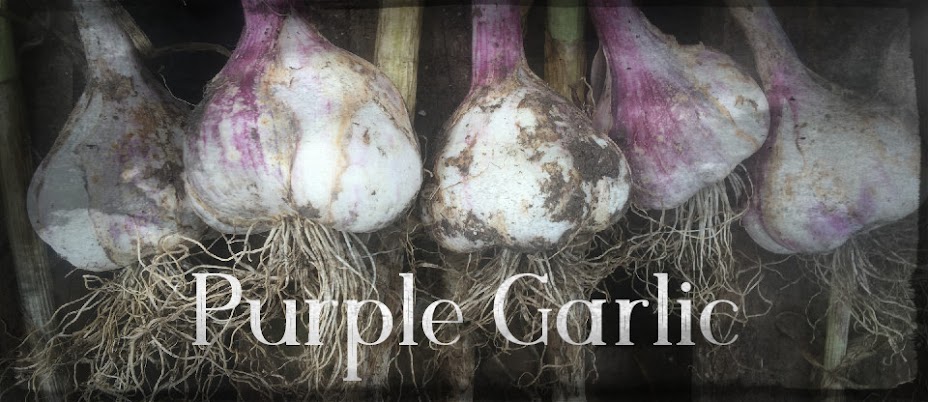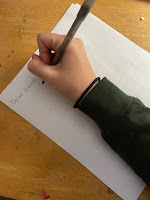At my university, most Professors (although not all) have an
accessibility statement in their syllabus. It usually outlines the process for
getting accommodations in their class- getting them approved by the disability
office and then discussing them with the professor early in the semester. I
appreciate this statement because it tells students with disabilities the exact
steps they need to take.
However, this statement does not go far enough. I, like many
other students with disabilities I have spoken with, am worried about using my
accommodations. I’m worried about discussing them with my professors because of
fear of stigmatization. As a graduate student, my relationships with professors
will be very important in my career, and I don’t want them to think that I’m
less capable because of my disability.
This semester, I am taking a course where each week is taught by a different professor, so each professor gives and grades assignments. This means that to get accommodations in this class, I will need to tell all of the professors about my accommodations. And honestly, I’m terrified to do it. This is the first time I’ll be meeting most of the professors in my department, and I don’t want them to think less of me. Most of the conversations about accommodations I’ve had in the past were positive, but some were not. Throughout my five years in academia, I’ve had many professors suggest that I should not be in their class and that I might not be able to handle this career choice, because of my illness.
Professors don’t understand that these accommodations don’t make me less capable of pursing this career. The symptoms that affect my ability to succeed in the classroom might have no effect on my performance at work. Beyond that, symptoms and treatments can change, so it’s possible in a few years after I graduate I will have different physical abilities than I currently do.
Luckily, many professors do understand these things and are supportive of students with disabilities. But in higher education, disabilities are not talked about. I have no way of knowing which professors will support me, and which professors will fight against the accommodations I’m requesting.
I should not have to worry that asking for accommodations will affect my standing in the classroom or within the department. I should not have to fear criticism from professors. I should not have to fight for accommodations the school has already approved. I should not have to wonder if the professors I’ve worked alongside for three months (and not told them) will look at me differently.
Professors need to step up. There needs to be more education
for professors about disability accommodations. They need to be trained how to
best support students, and they need to be taught that disabilities do not
determine a student’s identity. They need to talk about accommodations at the
beginning of the class, and be clear that they will support any
university-approved accommodations.
Students with disabilities already bear a lot of the cost of
dealing with this ableism- the accommodations process is often very complex and
requires a lot of work from the student. However, I think that as much as we
are able to, we need to continue to fight the ableism we see in academia. We
need to advocate for our accommodations when professors doubt us. We need to be
honest about our disabilities and how they affect our schoolwork. And if
professors don’t listen, we need to hold them accountable and turn to the
disability office or other people for support.
As we return to in-person school, I hope that we can make
accessibility and ableism a part of the conversation. I hope that students with
disabilities can feel both welcomed and supported in their environments, and I
hope that all students and Professors will work to make that happen.
 |
| Returning to campus |




